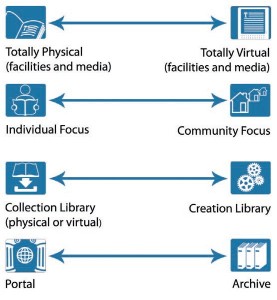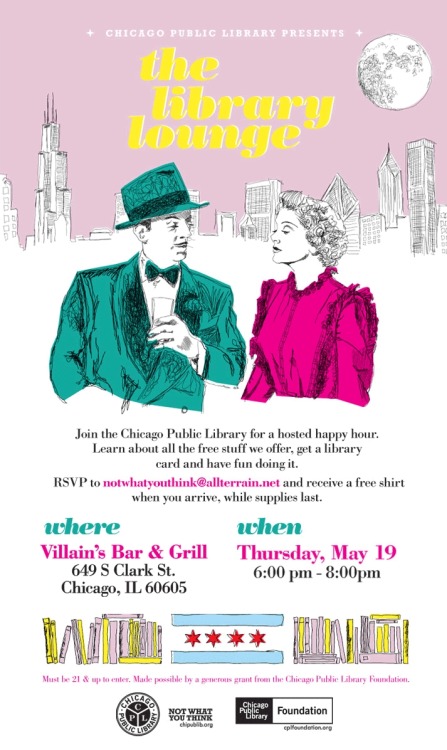As a new hire at my public library system, I received the mandatory day-long Customer Service seminar last Monday. It was what it was. Customer service training is one of those things that is hard to pull off without sounding cliché. I’ve taught seminars like these, and I apologise for the wacky acronyms.
But, the up-shot this time was this wacky spot-the-stereotype video. I’ve been humming the little shanty all week, in between listening to better things.
What I took away from the CS training day was a thought about what and why we call people who use/visit the library. The happy, dancy video above uses “patron” (which some people don’t like), and “user” is a little loaded… as is client (which always makes think “person visiting a social worker”). All the terms have strikes against them. Nothing quite fits because the variety of people and ways a library is engaged by its community are far too complex to fold under one term.
The OPL likes the word “customer”.There is a genuine sincerity to the logic. The decision is probably fuelled by optics. The term customer is useful because it’s familiar and reflects an aesthetics of service. It also implies the exchange of money. Which isn’t always a bad thing. Public libraries are funded by the people coming through the doors – through taxes, donations, fines, and bookstore purchases. So, it could be like they’re paying and getting a service. It helps, maybe subtly, people know that it’s their money that gets them the services they use.
On the other hand, because the Public Library is a publicly funded institution, you could also say that the people who use the library and pay into the system are also co-owners. Maybe, I work in one large information co-op. I wonder what that could mean for the social/service contract of public libraries.










